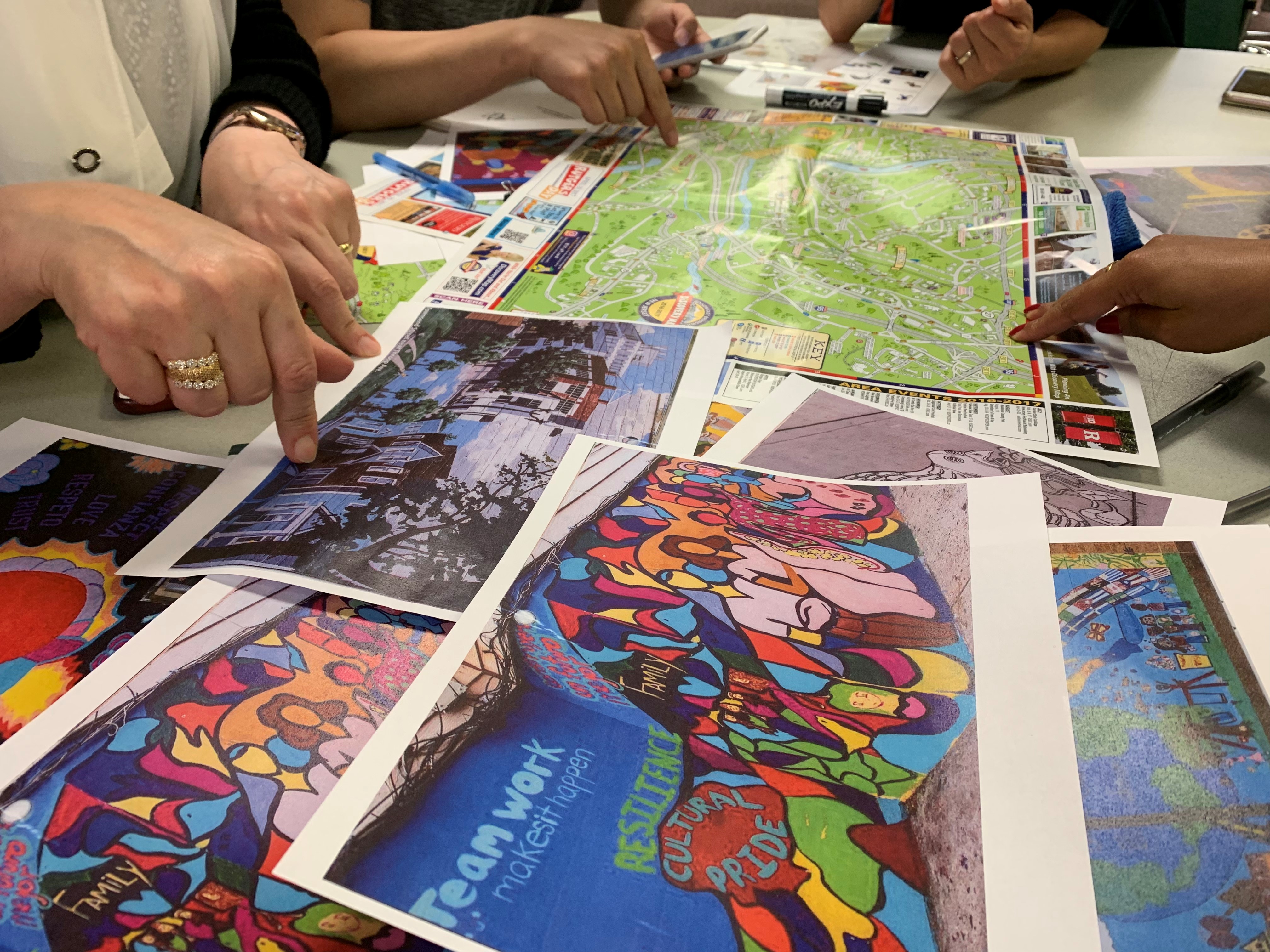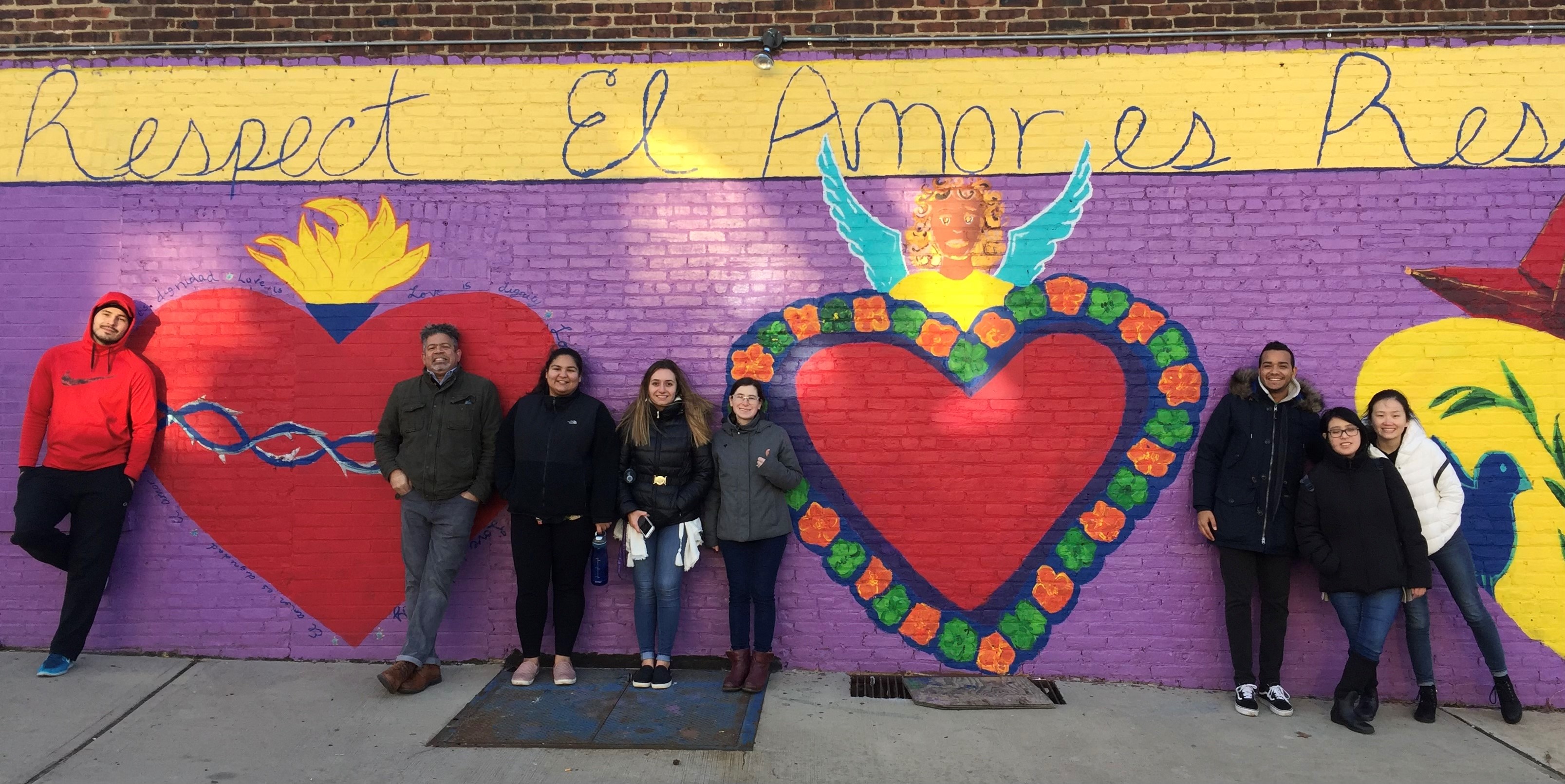Community-Engaged Initiatives in the Language Education Program
As part of the Community-Engaged, Anti-Racist Education Project, the Rutgers Language Education Program collaborated with the New Labor organization to collaboratively develop professional development and curricular activities based on the expressed interests and needs of community members and the learning objectives of two required courses for teacher candidates enrolled in the English as a Second Language and/or Bilingual/Bicultural Education Advanced Certification Programs at Rutgers Graduate School of Education. This work is part of the Creating Culturally and Linguistically Responsive Community-Engaged Pathways to Teaching and Learning project. These activities were implemented with the goals of centering the voices, ways of knowing, and expressed needs of New Labor members, as well as developing the knowledge, skills and dispositions of our Rutgers teacher candidates, program facilitators, staff, and faculty to support teaching that is community-engaged and responsive to participants and/or students’ cultural and linguistic diversity. This collaboration involved two projects: The Family Math Project and English Classes with New Labor. These projects were embedded within two courses in the newly redesigned online Rutgers GSE ESL and Bilingual/Bicultural Advanced Certification programs.

For information about the Family Math Night Project, click here.
For more information on our partner and their community-based organization, please take a look at New Labor’s website. For more information on Rutgers GSE Advanced Certification Programs, check out our ESL, Bilingual/Bicultural Education and ESL + BBE Programs.
Family Math Night in Language Learning in the Content Areas
In the ESL and Bilingual/Bicultural advanced certification course titled Language Learning Across the Content Areas, and in partnership with New Labor and multilingual families, program participants join and implement virtual Family Math Nights.
CEAR Integrated Course Description and Objectives

In Language Learning Across the Content Areas, GSE students critically explore the role of language in learning and teaching across the content areas, including mathematics, science, and social studies. Working together as a learning community, they consider language across the content areas from ideological, educational, curricular, and instructional perspectives. They further deconstruct and disrupt the notion of ‘academic language’ and its associated monoglossic ideologies and explore culturally-sustaining and liberatory approaches and practices that orient towards promise and center the ways of knowing, the linguistic repertoires, and the activism of multilingual community members.
